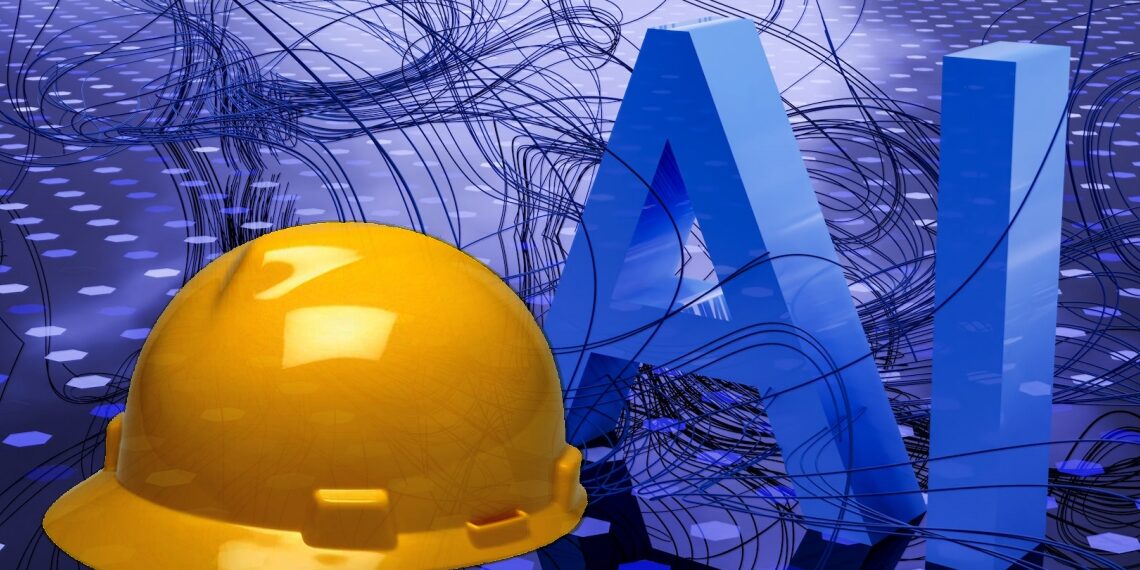How will artificial intelligence (AI) impact working individuals and their labor unions? To answer this question, long-time union member Edward Smith sought assistance from ChatGPT, a generative AI model. ChatGPT provided a remarkable 181-word response, emphasizing the importance of safeguarding the workforce through measures like job guarantees, ethical guidelines, training initiatives, and fair distribution of benefits. Smith was impressed by the computer’s insight and acknowledged that unions have always strived to enhance the collective well-being of workers.
ChatGPT underscored that the influence of AI on workers remains uncertain, dependent on government actions and the unions’ ability to balance AI-driven corporate profitability with equitable profit sharing. While the concept of artificial intelligence may be unsettling, similar concerns have arisen in the past. Previous predictions about the demise of unions and their capacity to moderate the effects of global transformations have often proven incorrect.
In the 1930s, workers successfully fought against the adverse impacts and inequities introduced by assembly lines through sit-down strikes. Influential labor leader Harry Bridges ensured that the shipping industry embraced modernization while ensuring fair benefits for workers. His efforts led to the establishment of pension funds, job security, higher wages, safer workplaces, and shorter workweeks. Today, port workers face new challenges posed by robots and AI, potentially leading to port shutdowns if a fair agreement is not reached. Industry strikes, such as those by the Writers Guild of America and SAG-AFTRA, are partly driven by concerns regarding AI usage. Their goal is not to eradicate AI, but rather to control its impact and safeguard their livelihoods.
In the energy sector, unions have advocated for a “just transition,” ensuring that renewable energy jobs replace carbon-based energy jobs without compromising workers’ compensation and benefits. Additionally, unions persistently advocate for labor law reforms to protect workers’ rights, such as the right to form or join a union. This becomes crucial as corporations like Amazon explore AI-driven tactics to suppress unionization. Even technology workers themselves have recognized the value of organizing, speaking up against AI abuse within companies like Google and Microsoft. By uniting, they act as a defense against the negative consequences of AI.
While AI presents immense potential, its true impact on society ultimately rests in human actions. Society must decide whether it enhances civilization by improving lives or exacerbates inequality. To achieve a positive outcome, workers require a strong, united, and collective voice through unions. Such unity allows civilization to harness emerging technologies for the benefit of workers and society as a whole, rather than solely benefiting profit-driven corporations. In line with founding labor leader Samuel Gompers’ sentiments, unions strive for “more opportunities to cultivate our better natures.” This old but profound statement reflects the desire within the labor movement to create a society that values education, intellectual growth, justice, compassion, and personal fulfillment, ultimately aiming to build a better and happier world. Surprisingly, ChatGPT concurred with this historic sentiment, offering its own thoughtful interpretation of Gompers’ words. Smith acknowledges the insightfulness of ChatGPT, saying “Not bad at all… for a machine.”
The whytry.ai article you just read is a brief synopsis; the original article can be found here: Read the Full Article…





